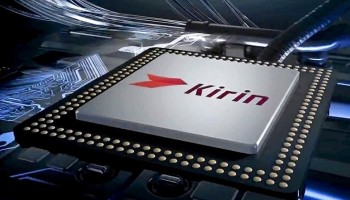
Huawei’s entire smartphone business is in jeopardy as ARM cuts ties with the company
Huawei has been facing a lot of trouble due to the recent ban by the US Commerce Department. At first it wasn’t a major impact to the company, but in the last few days many US companies have been forced to comply with the ban by stopping all sales and partnerships with Huawei. One of the biggest has been Google, who revoked Huawei’s access to Google services and the Play Store on all future devices. This may very well hurt Google more than Huawei though as the company has its own backup OS and doesn’t rely on Google in the Chinese market as it is.
However, now the UK-based chip company ARM has announced that it too will be cutting all contracts with Huawei. Despite not being a US company, it believes its technology has US origin and is thus affected by the US ban. Whether this is true or not remains to be seen, but the consequences are massive. In fact, they’re far worse than the lack of Google services.
Most modern smartphone processors are based on the ARM architecture and thus pay licensing fees to the company. Huawei wasn’t affected by the lack of Qualcomm support due to this ban because it has its own chipset under the Kirin name, meaning its smartphone business was previously safe. However with this move, their chip business may be dead in the water. Without the ARM instruction set, building chips that would be compatible with the Android ecosystem as we know it would be incredibly difficult. This just might effectively kill the companies smartphone business.
Luckily, the company has a 90 day reprieve from the ban so there is time for Huawei to work things out with the government. With the potentially disastrous consequences this would have on US companies and consumers, it’s likely that a deal will be worked out in the next three months. Unfortunately, we’ll have to wait and see what happens.
Update: It seems that current chips and chips that have already been designed will not be affected and Huawei will be able to continue manufacturing them. This includes the upcoming flagship Kirin 985. This is good news for Huawei as it gives them at least a year to figure out a solution.
Source: BBC